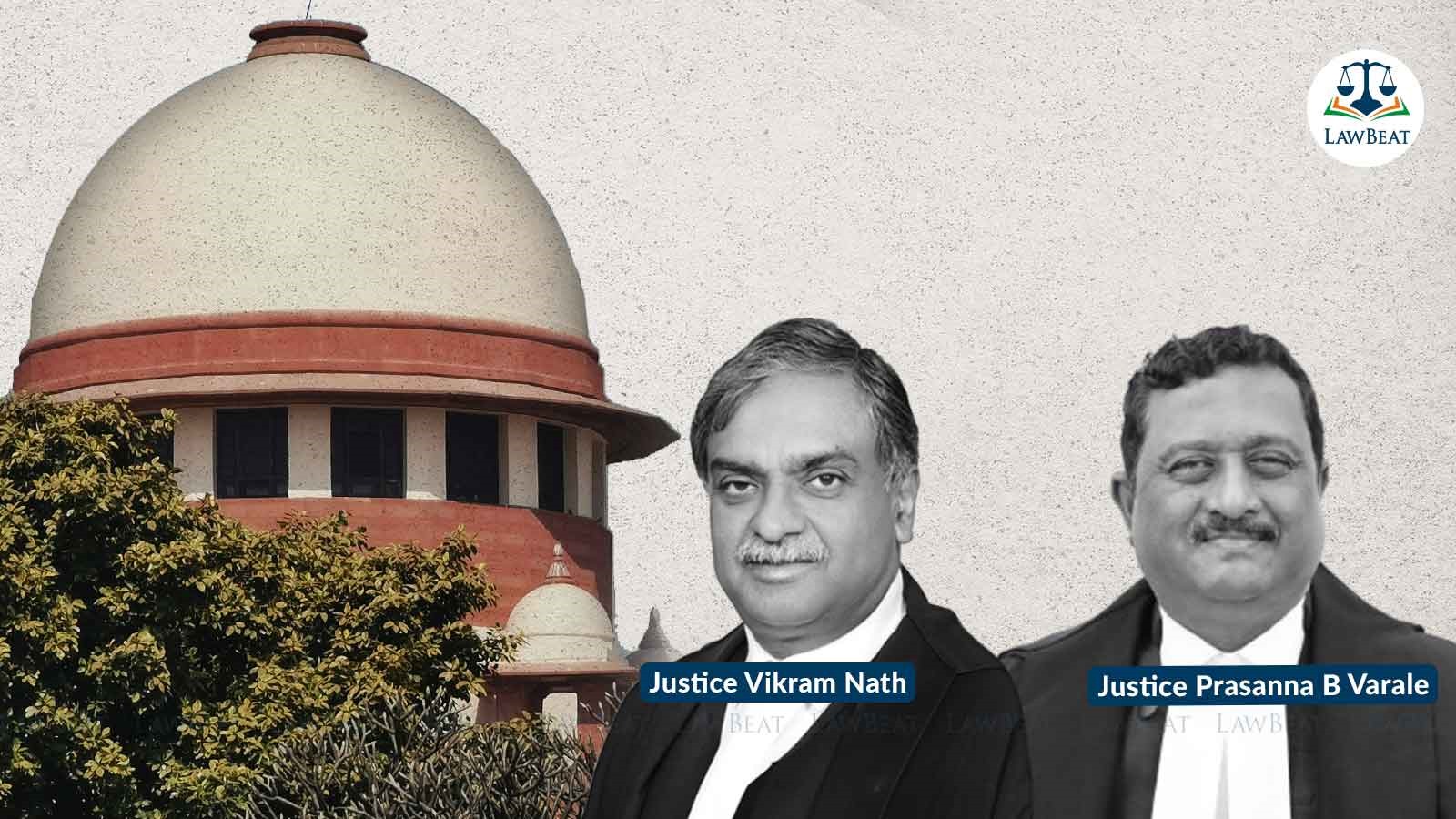SC Orders CBI Probe into Senior Judicial Officer's Wife's Suspicious Death in Chhattisgarh

Court felt that a thorough, fair, and independent investigation needed to be carried out to find out the truth about the whole incident and in particular about the ante mortem injuries
The Supreme Court has ordered a CBI investigation into the 2016 unnatural death of a senior judicial officer's wife in Chhattisgarh, following allegations from the deceased's family of bias and undue influence by the judge on the police, who had classified the incident as a suicide and dismissed their complaints.
A bench of Justices Vikram Nath and Prasanna Bhalachandra Varale acknowledged that the power to direct a CBI investigation should be exercised sparingly and not as a routine measure. However, given the allegations raised by the aggrieved party, the bench emphasized the need for a thorough, fair, and independent investigation to uncover the truth, especially regarding the ante-mortem injuries involved in the case.
The matter related to the death of Ranjana Diwan, an Assistant District Prosecution Officer, on May 12, 2016. She had married Judge Manvendra Singh in 2014, following his appointment to the higher judicial service in 2013. The two had been acquainted since 2010.
Her family members disputed the characterization of her death as a straightforward suicide, citing concerns about the circumstances. They argued that the post-mortem report, which revealed six ante-mortem injuries, suggested foul play. Despite their repeated efforts to have an FIR registered, the police closed the case, attributing it to suicide and allegedly influenced by the judge’s standing.
The appellants led by Mandakini Diwan, mother of the deceased, apprise the court that they had filed a writ petition in the Chhattisgarh High Court which dismissed their plea for a proper inquiry, saying that they had adequate statutory remedy available under section 156(3) of the CrPC by approaching the Magistrate concerned. The writ petition remained pending for about seven years, they pointed out.
In their submission, they said it was true that they had a remedy of filing a complaint under section 156(3) CrPC but considering the fact that the respondent was a senior judicial officer and had already exercised his influence in ensuring that FIR was not registered and no free and fair investigation be carried out, they had little hope rather no hope of getting any justice from the court of a magistrate who would be an officer subordinate to him.
They sought a direction for an independent agency to investigate the matter.
The state counsel claimed that every complaint filed by the appellant was enquired into at the highest level but when no evidence could be found against the judge even after recording statements of 50 witnesses, the complaints were closed.
The judge concerned also submitted through his counsel that being a judicial officer having a good reputation, he was being unnecessarily targeted by the appellants for ulterior motives. A very thorough and fair inquiry was carried out in which no complicity of his could be found, he alleged.
He further contended that the only attempt by the appellants was to somehow or the other not only tarnish his image but also cause unnecessary harassment and jeopardise his service.
Solicitor General Tushar Mehta, representing the CBI, proposed that the court might consider appointing a high-level Special Investigation Team or alternatively direct the CBI to handle the investigation as this approach would enhance the credibility of the probe and build confidence among the aggrieved parties and the public.
After hearing the submissions, the court allowed the appeal and set aside the high court's order.
"Considering the fact that the respondent no 7 is a senior judicial officer any doubt or apprehension in the minds of the appellants who have lost their family member may be dispelled by the investigation being carried out by CBI. This may result into doing complete justice and enforcing the fundamental right of getting a fair investigation," the bench said.
It further directed the CBI to carry out a complete and fair investigation and proceed in accordance with the law into the incident and that too expeditiously considering the fact that the incident was of 2016.
"If the CBI finds that an FIR needs to be registered, it may itself do so and proceed accordingly and bring such complaint to a logical conclusion. However, if the CBI comes to the conclusion that there is no material which it could collect which is not sufficient in ordinary course to submit a chargesheet, it would close the proceedings," the bench said.
Court directed the Chhattisgarh government to extend all cooperation to the CBI in conducting the investigation and provide all necessary papers and other strategic support.
The bench clarified that the present judgment would not influence the CBI investigation.
Case Title: Mandakini Diwan & Anr Vs The High Court of Chhattisgarh & Ors
